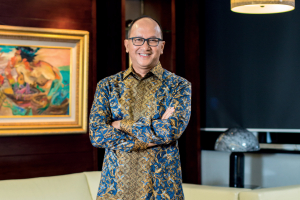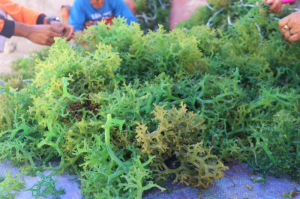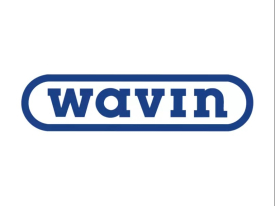Investment minister inaugurates KCC Glass Factory operation in Batang Industrial Zone
Minister of Investment, Rosan P. Roeslani, officiated the initial production at PT KCC Glass Indonesia's facility in the Batang Integrated Industrial Zone (KIT), Central Java.
The factory, which boasts a full operational capacity of producing 1,200 tons of sheet glass daily, represents a significant milestone in Indonesia’s glass manufacturing sector.
During the inauguration on Thursday, October 3, 2024 Rosan highlighted the factory’s Rp4 trillion (US$258 million) investment and the employment of 400 workers.
“The most important aspect of PT KCC Glass’ operations is that 80% of its production is for export, with 20 percent catering to the domestic market,” he said on Thursday, October 3, 2024.
Rosan emphasized that KCC Glass' export-oriented strategy aligns perfectly with the goals of the KIT Batang, which aims to host manufacturers focused on international markets.
He expressed optimism that KCC Glass will continue to grow its investment in Indonesia.
KCC Glass Indonesia’s factory in Batang is currently the largest production facility outside of South Korea.
Rosan also revealed that KCC plans to expand its investment by an additional Rp8 trillion, bringing the total investment to Rp12 trillion and potentially employing 2,000 workers.
Park Won-Joo, CEO of KCC Glass Indonesia, affirmed the company's commitment to producing high-quality sheet glass.
"The KCC Glass factory in KIT Batang is equipped with world-class technology, ensuring it produces the highest quality glass sheets in the world with top-tier productivity," Park said, on Thursday, October 3, 2024.
The Association of Sheet and Safety Glass (AKLP) previously urged the government to implement a domestic market obligation (DMO) policy of 60 percent for natural gas to ensure the industry's sustainability.
AKLP’s chairman, Yustinus Gunawan, noted the urgency of this policy, especially with two new glass factories, including PT KCC Glass Indonesia and PT Xinyi Glass Indonesia, needing a stable gas supply to operate efficiently. These two factories, with a combined capacity of 750 tons per day this year, will play a critical role in boosting the domestic glass industry, with further expansion and investment needed to meet future demand.
Tag
Already have an account? Sign In
-
Start reading
Freemium
-
Monthly Subscription
30% OFF$26.03
$37.19/MonthCancel anytime
This offer is open to all new subscribers!
Subscribe now -
Yearly Subscription
33% OFF$228.13
$340.5/YearCancel anytime
This offer is open to all new subscribers!
Subscribe now





